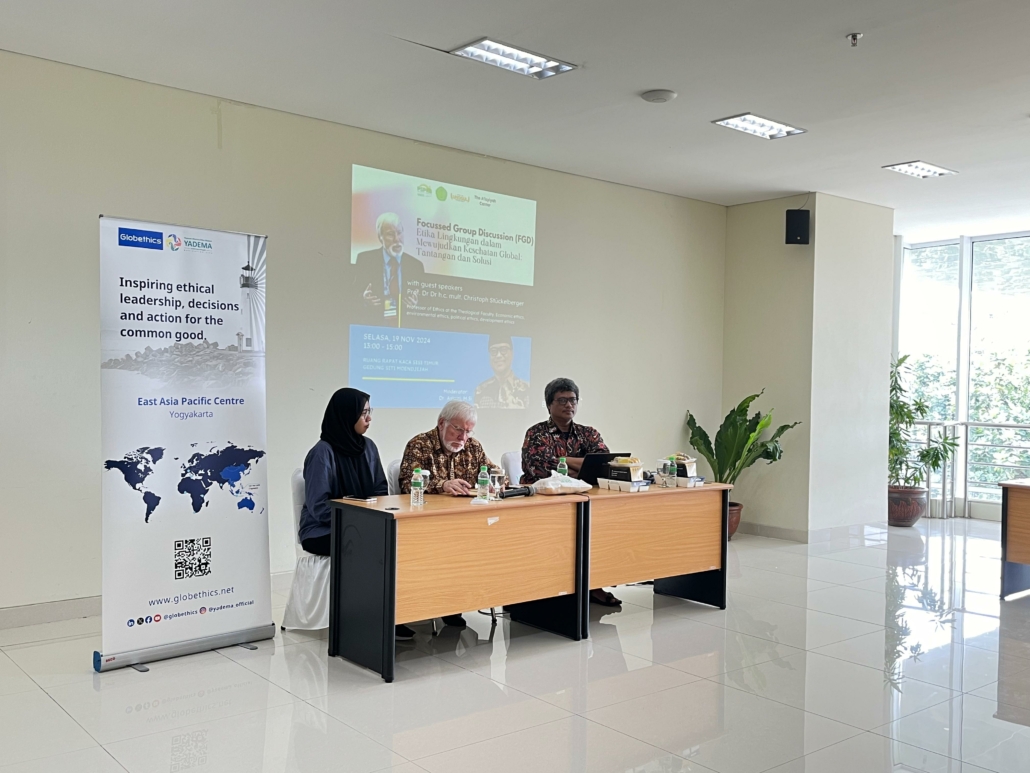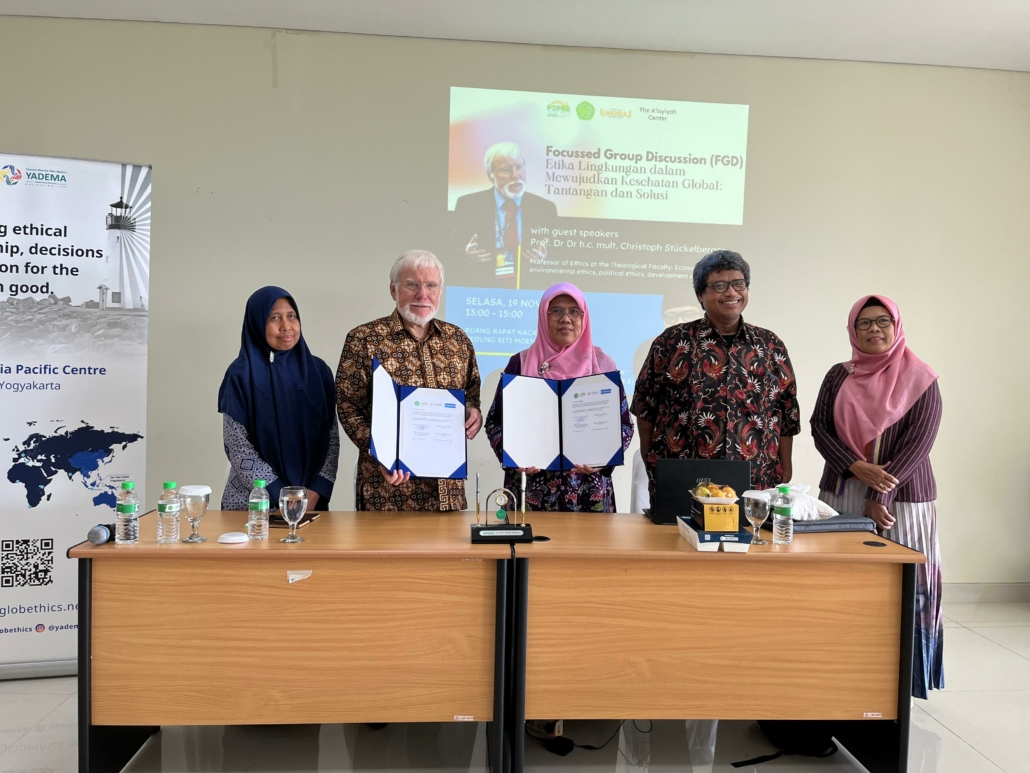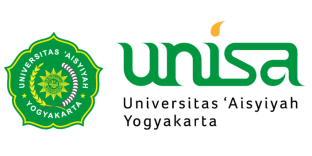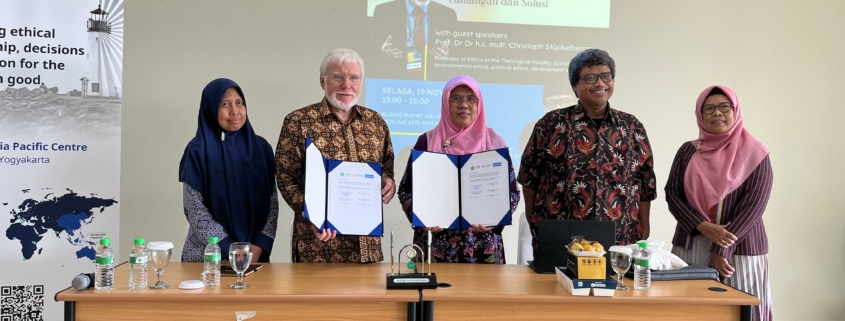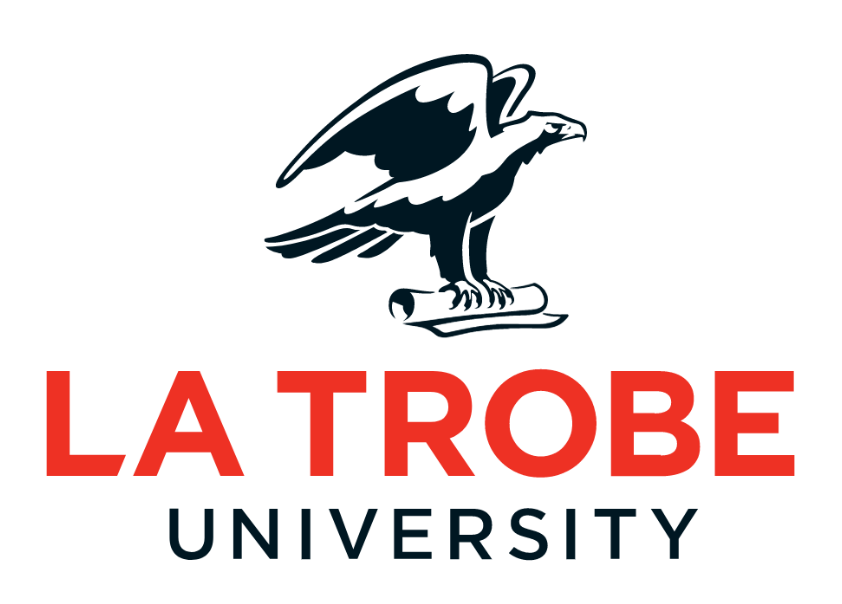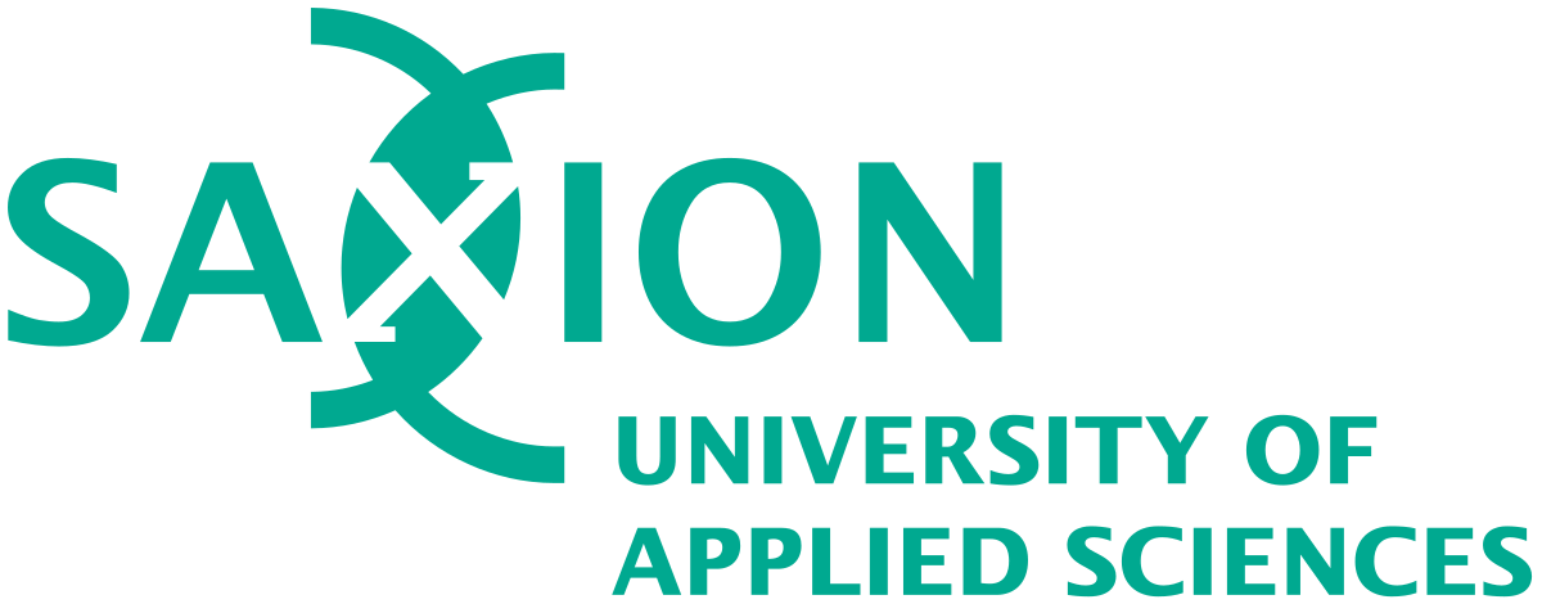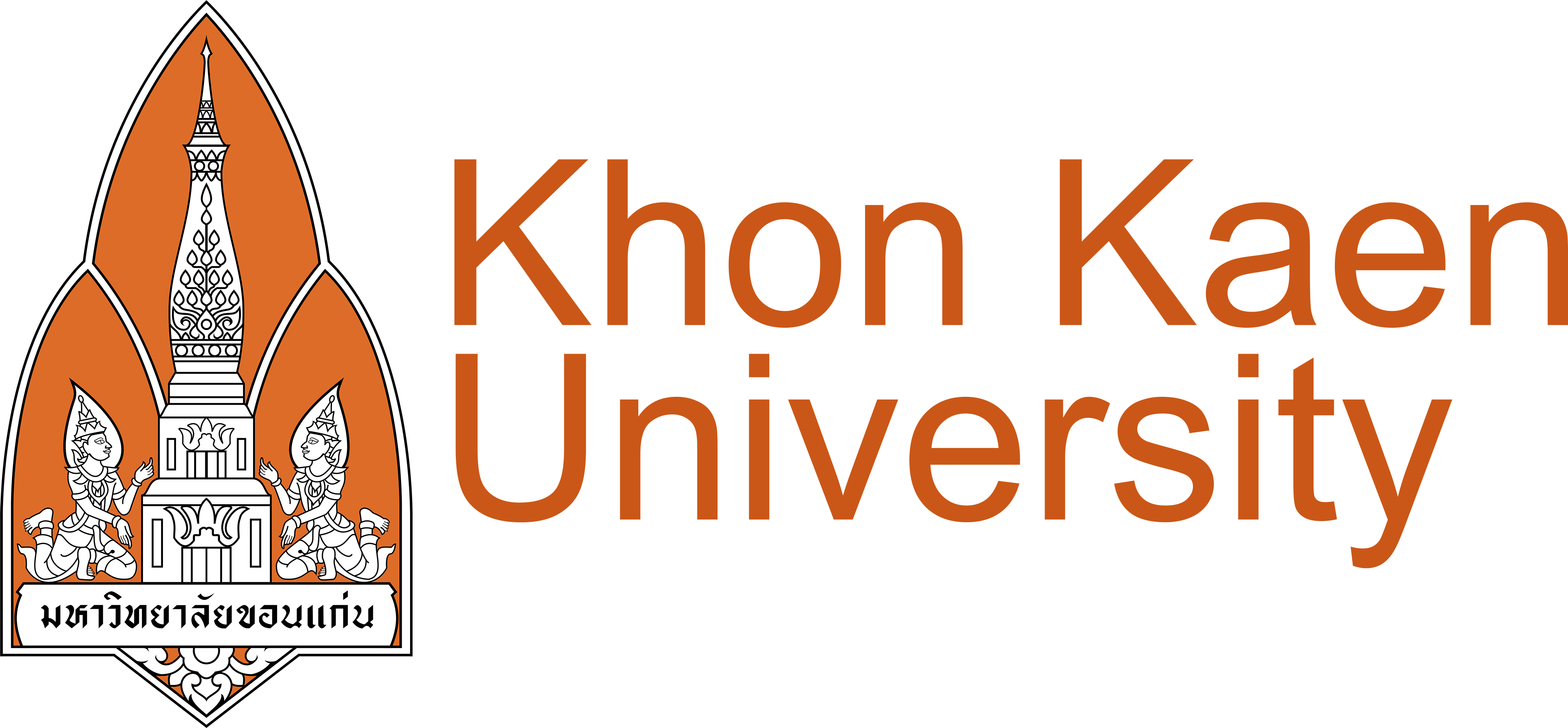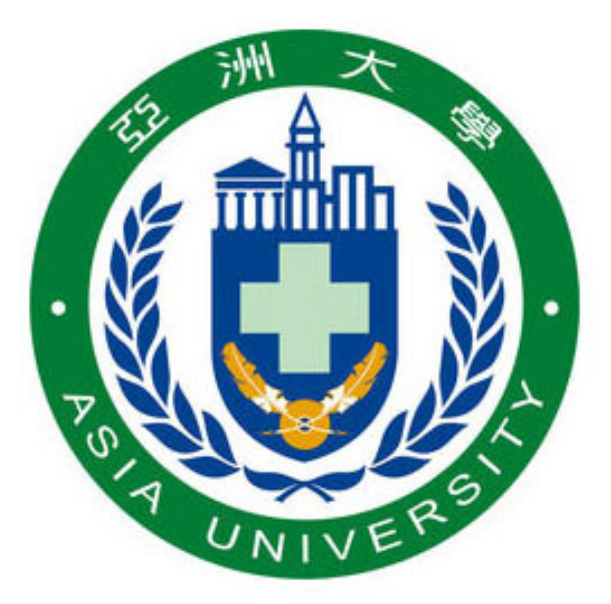UNISA Yogyakarta Holds FGD themed Environmental Ethics in Realizing Global Health: Challenges and Solutions
Universitas ‘Aisyiyah (UNISA) Yogyakarta through Aisyiyah Center and Center for Women, Family and Disaster Studies (PSPKB) once again hosted an international scientific discussion by holding a Focused Group Discussion (FGD) themed ‘Environmental Ethics in Realizing Global Health: Challenges and Solutions’ in the meeting room of Siti Moendjiyah Building, Tuesday (11/19/2024). Environmental ethics are considered to be an important part of life.
UNISA Yogyakarta’s Vice Rector II for General Affairs and Human Resources, Dr. Yuli Isnaeni, M.Kep., Sp.Kom, who in her speech conveyed the importance of implementing environmental ethics starting from simple things, such as waste management. “Environmental ethics is the foundation for creating sustainable global health. With a value-based approach, we can face future challenges and find the best solutions,” said Yuli.
Prof. Dr. h.c. mult. Christoph Stuckelberger, an ethics expert from the Faculty of Theology who specializes in economic ethics, environmental ethics, political ethics, and development ethics, explained that environmental ethics does not only talk about humans, but also includes human relationships with non-humans, such as plants, animals, air, and water. “Ethics is basically about what is right and wrong, good and bad, and the standardization of a good life. Its branches include bioethics, community ethics, and environmental ethics,” he said.
Stuckelberger also emphasized the importance of clean water and clean air as two main elements in global health. According to him, water has a sacred value in various religions, including Islam, which views water as the main source of health and sustainability.
One solution offered is to integrate technology with religious values in environmental management. For example, using modern technology to clean water while working with various institutions and universities. “Although the world faces great challenges, we must keep trying. Even if the world is going to end, plant a tree. This value is lifted from the teachings of Islam, which instills hope and action,” he added, quoting the Prophet Muhammad’s hadith:
“Even if the Day of Judgment is coming, and one of you still has a date palm seedling in his hand, let him plant it.” (HR Imam Ahmad).
UNISA Yogyakarta is expected to continue contributing to spreading the understanding and practice of environmental ethics, both locally and globally. Collaboration with organizations such as Globethics.net, which has been active for more than 20 years in promoting ethics across fields, is a strategic opportunity to create positive change. This FGD is a concrete step by UNISA Yogyakarta in strengthening its role as an Islamic campus that cares about global issues, especially health and the environment.
